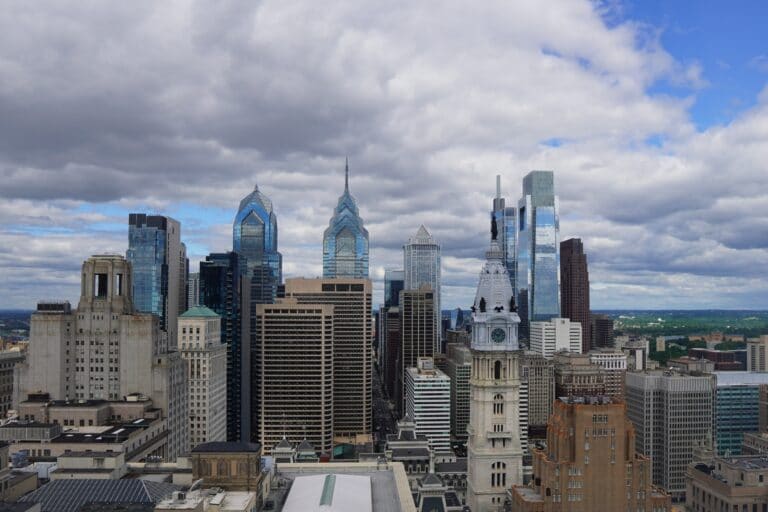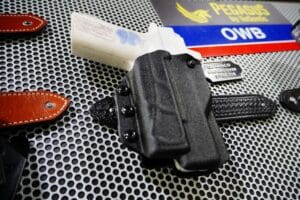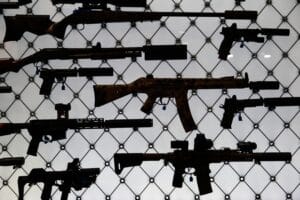Philadelphia’s total ban on private gun making will go into place.
That’s the result of a local judge’s decision not to issue a permanent injunction against it despite requests from a gun-rights group. Court of Common Please Judge Joshua H. Roberts said on Monday neither state law prohibiting local gun regulations, nor the Pennsylvania state constitution explicitly blocked the city’s move to ban unlicensed gun building.
“[T]he Court concludes that because the [state’s Uniform Firearms Act (UFA)] does not completely preempt the field of firearm regulation; and the local regulation does not seek to regulate an activity specified in the UFA, the Plaintiffs’ right to relief is not clear,” Judge Roberts wrote.
The case is part of two ongoing fights. The first is over efforts by gun-control advocates to restrict home gun building. The second is over whether localities should have the ability to pass gun restrictions that are more severe than those passed at the state level. Philadelphia has been at the forefront of both battles, and Monday’s decision represents a rare win on both fronts for the city which has faced its fair share of court losses over its efforts to impose its own gun-control laws.
However, that win could be short-lived. Gun Owners of America, one of the plaintiffs in the case, said it plans to appeal the decision.
“This decision ignores clear precedent which confirms statewide preemption for laws that seek to regulate firearms,” Gilbert Ambler, an attorney for the plaintiffs, said in a statement. “Gun Owners of America is committed to righting this wrong and will promptly appeal this matter while seeking a stay, to avoid injustices to those who seek to exercise their firearm rights in the City of Philadelphia.”
Judge Roberts said he based his ruling on the text of the Uniform Firearms Act.
“Preemption is not to be presumed from a statute,” he said. “The UFA specifically regulates only four defined specific acts or actions: ownership, possession, transfer and transportation. But there is no clear statement on the face of the UFA that the legislature intended for the UFA to preempt the entire field of firearm regulation.”
He argued regulation of firearm precursor parts and the process of building those parts into functional firearms falls outside the state’s preemption rules.
“The legislation at issue seeks to criminalize acquisition and/or possession of the parts necessary to create firearms through three-dimensional printing (or other similar methods),” Roberts wrote. “The City concedes that it has no power to regulate the ownership, possession, transfer or transportation of the completed firearms, as those activities are specifically covered by the UFA. At some point prior to the completed firearm, however, there can only be components or parts. There is nothing in the UFA or Ortiz that explicitly or implicitly extends to regulation of the components or parts of what may ultimately be used to complete a firearm.”
The judge admitted other Pennsylvania courts had interpreted the law to prohibit all gun regulation by cities and counties but said that did not square with his reading of the law.
“While there are lower court cases subsequent to Ortiz that have suggested that the UFA preempts the entire field of firearm legislation, this Court can discern no such intent from the face of the statute,” he said.
Val Finnell, Gun Owners of America’s Pennsylvania director, said the judge’s argument doesn’t hold water.
“We have seen how Philadelphia judges continue to misinterpret the law and are confident this decision will be overturned in Commonwealth Court,” he said in a statement.
A court date for the appeal has not yet been set.






